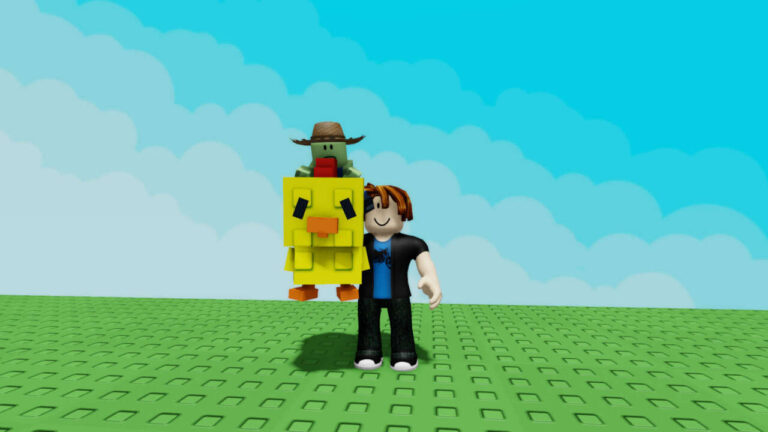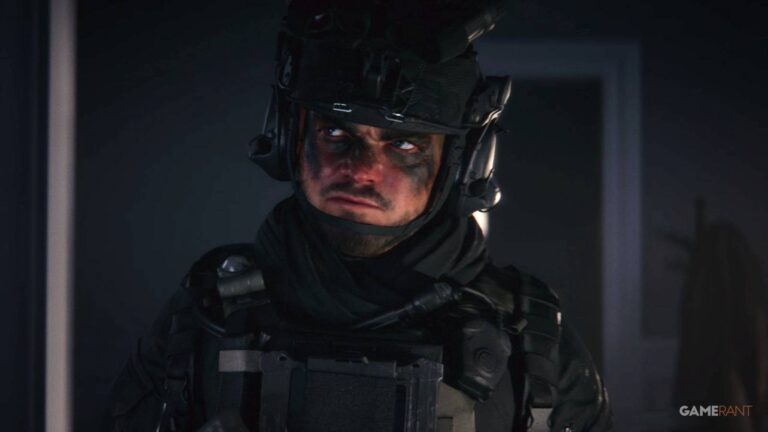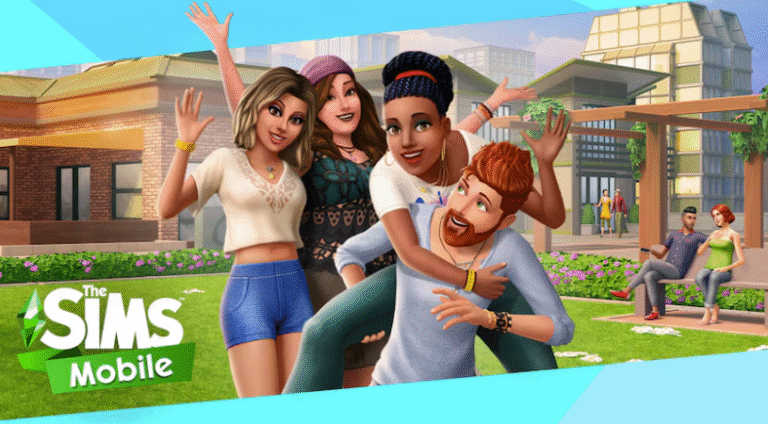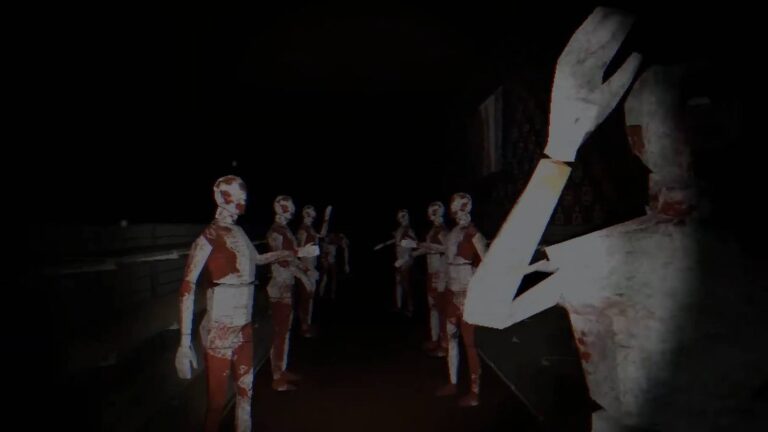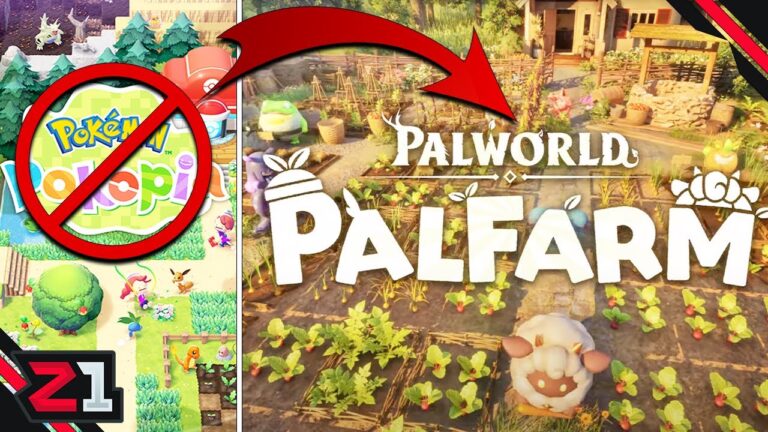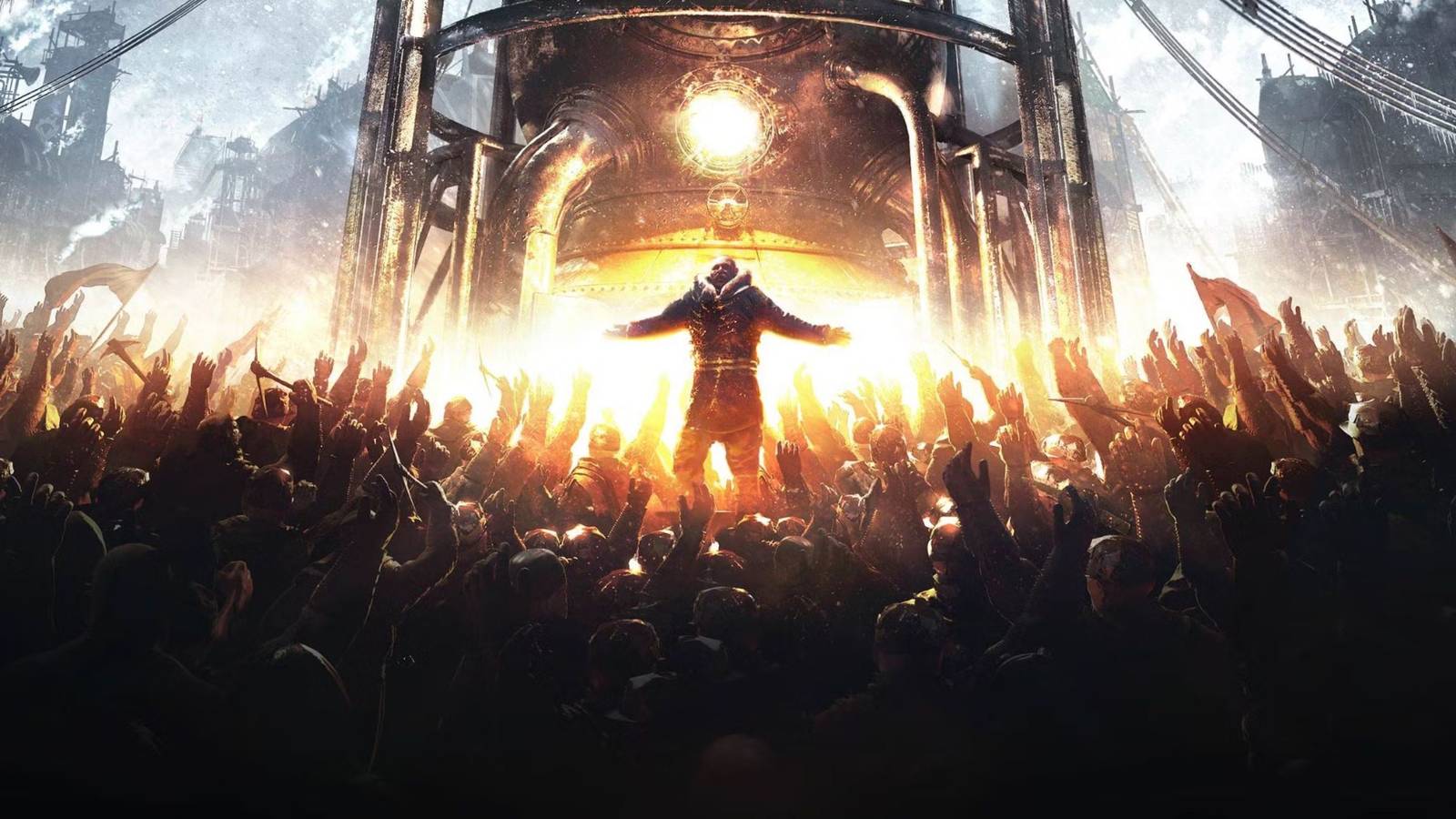
Surviving alone is one thing. But surviving when the lives of other flawed, fragile people depend on the player’s every decision, that’s when the pressure becomes absolutely crushing. These games thrive on that very tension. They ask players to not only endure the harsh, unforgiving conditions themselves, but to keep an entire group alive as well.
Food runs, medical care, diplomacy, morale — it all comes into play, and it’s usually attached to painful moral choices. Every action has consequences, and in these worlds, there’s rarely enough to go around.
This War of Mine
The Quiet Horror Of Everyday Choices
There is no glamour here. There are no heroes. This War of Mine strips away the spectacle of war and instead drops players into the shoes of a group of civilians trapped in a besieged city. Players will manage hunger, illness, and morale as much as they’ll manage the dwindling supply of bandages and canned food. And every nightly scavenging run carries the terrifying risk of losing someone for good.
The quiet, human stories are where this game finds its brutal beauty. A simple decision to steal medicine for a sick friend might doom an elderly couple in the next building. Choosing who gets to eat today and who has to starve… it all feels gut-wrenchingly real, forcing players to constantly balance the grim reality of survival with their own crumbling sense of morality.
Frostpunk
Cold Winds Bite Harder When You’re Responsible
Frostpunk isn’t really about building a city. It’s about saving what’s left of humanity from a frozen, slow-motion extinction. The player is the one in the middle of a frozen wasteland where coal is more precious than gold, and they have to balance compassion with outright cruelty to keep the fires burning and the generator from sputtering out. Every decree carries an immense, horrible weight, whether it’s forcing children to work in the coal mines or extending work hours until people start dropping dead from exhaustion.
Survival is measured not just in resources, but in hope. A player might save a dozen lives through harsh, authoritarian policies, but at what cost to the people’s spirit? Few games capture the sheer, soul-crushing despair of leadership as well as Frostpunk. Failure doesn’t come from losing a battle, but from slowly watching hope freeze to death.
State of Decay 2
When The Dead Don’t Stay Quiet
Zombies are bad, but people are worse. State of Decay 2 brilliantly blends open-world exploration with the constant, simmering stress of running a small community during a zombie apocalypse. Every survivor that players recruit has their own unique traits, skills, and personalities, and sometimes they’ll clash with each other as much as they’ll help out. The player’s job isn’t just to kill zombies; it’s to keep the group functioning, to keep the peace, to keep the lights on.
What makes this game so compelling is how fragile progress feels. A single, unlucky bite can lead to an infection that spreads through the entire base. A food shortage can spark a full-blown mutiny. And losing a character means that they’re gone forever. Players aren’t just rebuilding defenses after a loss; they’re rebuilding the community’s broken spirit.
RimWorld
Where Chaos Is The Only Constant
Part survival sim, part social experiment, all glorious, unpredictable chaos — RimWorld is a story generator. Colonists crash-land on a hostile, alien planet, and from that moment on, everything spirals into wild, hilarious, and often tragic stories. The group’s only doctor might suffer a mental break and go on a rampage in the middle of a delicate surgery. A raid of mechanoids might arrive as precious crops are burning down in a wildfire.
The group dynamics are the real star of the show. Colonists have backgrounds, quirks, and complicated relationships that can make or break an entire colony. Managing them is as much about psychology as it is about logistics, and the most memorable moments always seem to come from watching their personalities collide in the middle of a full-blown crisis.
Project Zomboid
Every Bite Counts, Every Mistake Lasts
Few games manage to capture the feeling of pure, utter fragility quite like Project Zomboid. Players enter a sandbox version of Kentucky, completely overrun by zombies, and are tasked with keeping a group of survivors alive in a world where every sound, unlocked door, or tiny lapse in judgment can spell total disaster. You aren’t here to win, but to survive for as long as possible.
What sets Project Zomboid apart is its brutal, uncompromising realism. Hunger and infection spread with terrifying speed. Injuries will linger for days. Resources run dry. The player is not a hero carving their way through hordes of the undead; they are a caretaker, trying to stretch supplies for one more day and keep your group’s morale from hitting rock bottom. Survival feels hopelessly temporary, which makes every extra day feel so much more satisfying.
Surviving the Aftermath
Picking Up The Pieces Of A Broken World
The world has ended. Now what? Surviving the Aftermath throws players into a post-apocalyptic wasteland where what’s left of humanity is hanging on by a thread. Building a new settlement is only part of the job; the real challenge is managing the survivors themselves. Every single choice players make about food, water, and defense ripples outward, shaping the future of the fragile little community.
Survivors aren’t just faceless, nameless workers. They have personalities, skills, and needs. Send the wrong group out on a dangerous expedition to the world map, and players could lose their only doctor or best scavenger forever. It’s a careful, tense balance of risk and reward, where even steady, boring growth feels like a monumental triumph against overwhelming odds.
Dead State
Trust Is As Precious As Supplies
This is the apocalypse with politics. Dead State mixes classic, old-school RPG storytelling with the constant, nail-biting tension of survival. Set in Texas during a zombie outbreak, the focus here isn’t on mowing down the undead; it’s on keeping a community of scared, desperate people from tearing each other apart. Words matter as much as scavenging runs, because one wrong dialogue choice can completely fracture the group’s trust.
What makes Dead State unique is how political survival becomes. Players have to negotiate disputes between survivors, juggle different personalities, and deal with full-on power struggles inside their own base. Resources are scarce, and paranoia is rampant, so every decision becomes a test of leadership. In the end, keeping the group together can be a lot harder than keeping them alive.
